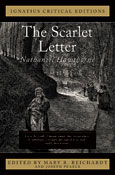Podcast: Play in new window | Download (Duration: 28:49 — 19.8MB) | Embed
Subscribe: Apple Podcasts | Spotify | Amazon Music | Android | Pandora | iHeartRadio | JioSaavn | Podchaser | Gaana | Podcast Index | Email | TuneIn | Deezer | Anghami | RSS | More
We discuss “The Lion, The Witch, and The Wardrobe” by C. S. Lewis.

Four adventurous siblings—Peter, Susan, Edmund, and Lucy Pevensie—step through a wardrobe door and into the land of Narnia, a land frozen in eternal winter and enslaved by the power of the White Witch. But when almost all hope is lost, the return of the Great Lion, Aslan, signals a great change . . . and a great sacrifice.
The Lion, the Witch and the Wardrobe is the second book in C. S. Lewis’s classic fantasy series, which has been captivating readers of all ages for over sixty years. This is a stand-alone read, but if you would like to journey back to Narnia, pick up The Horse and His Boy, the third book in The Chronicles of Narnia.
Joseph Pearce is currently the Writer-in-Residence and Visiting Fellow at Thomas More College of Liberal Arts in Merrimack, New Hampshire. He is also Visiting Scholar at Mount Royal Academy in Sunapee, New Hampshire. He is also Visiting Scholar at Mount Royal Academy in Sunapee, New Hampshire. He is co-editor of the Saint Austin Review (or StAR), an international review of Christian culture, literature, and ideas published in England (Family Publications) and the United States (Sapientia Press). He is also the author of many books, including literary biographies of Solzhenitsyn, J. R. R. Tolkien, C. S. Lewis, G. K. Chesterton, and Oscar Wilde.

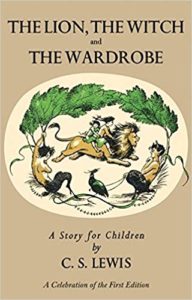


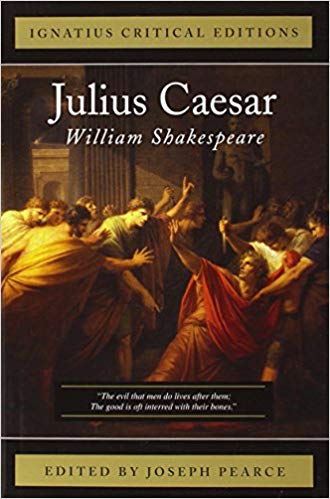
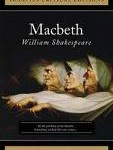
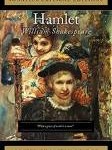
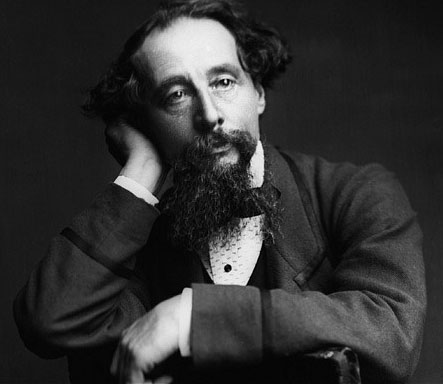
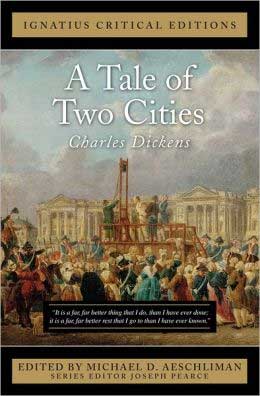
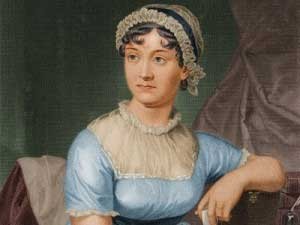 In all things, Jane Austen was a woman of faith. Perhaps nowhere is this more apparent than in Mansfield Park, her most neglected, abused, and misunderstood novel. Like Austen’s other novels, it can be fully appreciated only when illuminated by the virtuous life and Christian beliefs of the author herself.
In all things, Jane Austen was a woman of faith. Perhaps nowhere is this more apparent than in Mansfield Park, her most neglected, abused, and misunderstood novel. Like Austen’s other novels, it can be fully appreciated only when illuminated by the virtuous life and Christian beliefs of the author herself.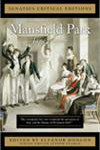
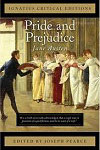
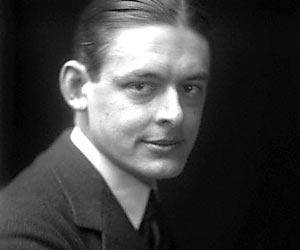 “Eliot’s place as a poet of the highest stature is assured. The Waste Land is the quintessential debunking of modernity and is also, simultaneously, a potent antidote to the poison of postmodernism.”
“Eliot’s place as a poet of the highest stature is assured. The Waste Land is the quintessential debunking of modernity and is also, simultaneously, a potent antidote to the poison of postmodernism.”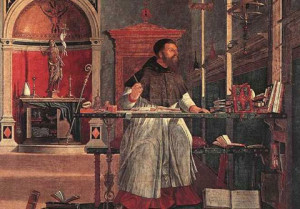
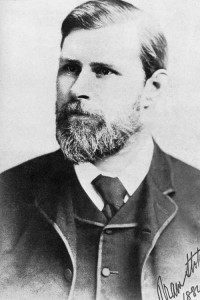
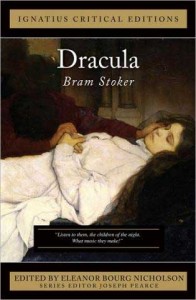
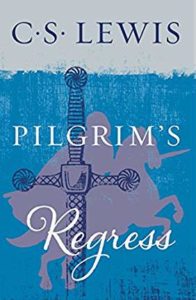
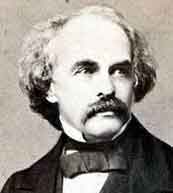 A key figure in the development of American literature, Nathaniel Hawthorne was also profoundly influenced by his ancestors and the Christianity that underscored their Puritan heritage. A literary classic, The Scarlet Letter presents a profound meditation on the nature of sin, repentance, and redemption, and how such Christian concepts may be integrated into American democracy.
A key figure in the development of American literature, Nathaniel Hawthorne was also profoundly influenced by his ancestors and the Christianity that underscored their Puritan heritage. A literary classic, The Scarlet Letter presents a profound meditation on the nature of sin, repentance, and redemption, and how such Christian concepts may be integrated into American democracy.